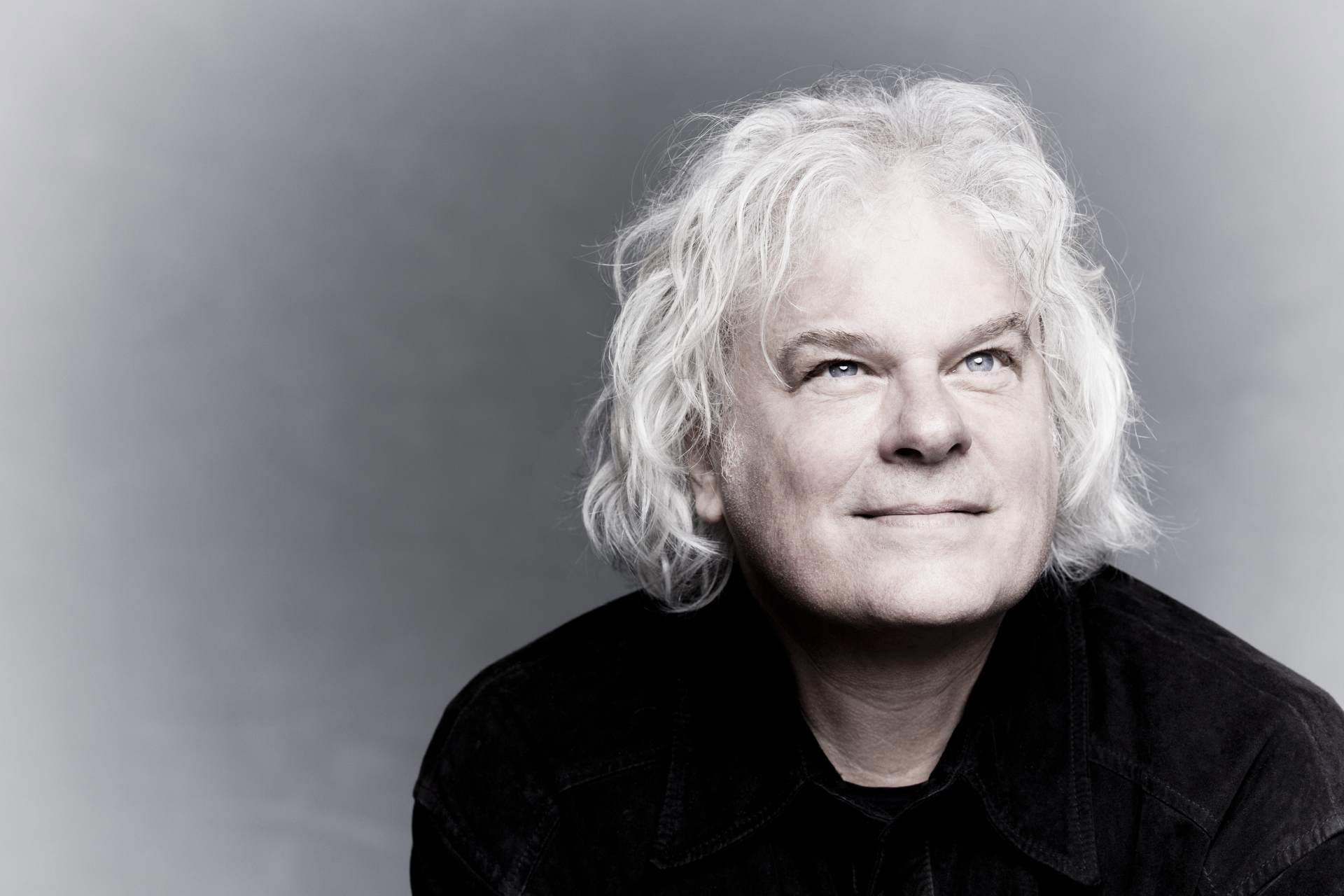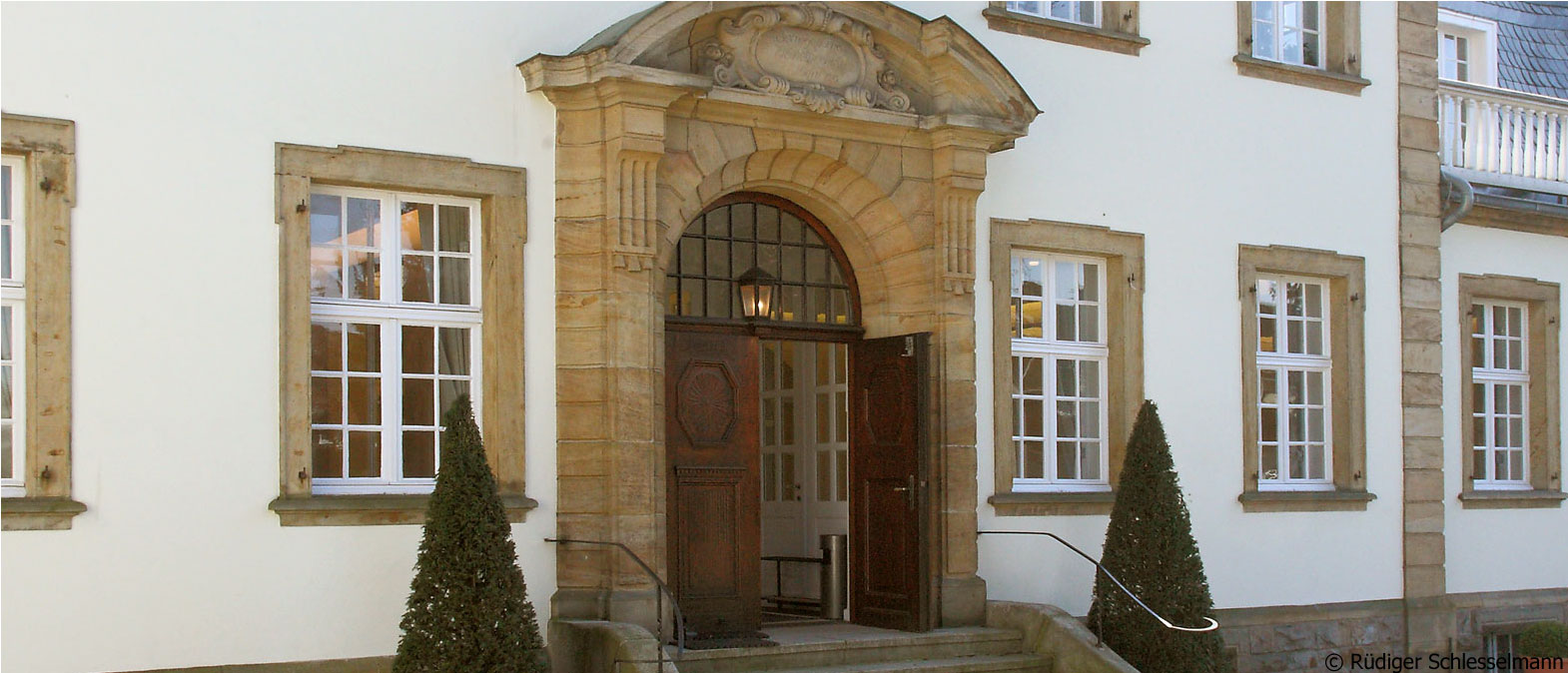Ronald Brautigam | Replacement date
Fortepiano III
Gnossiennes

Replacement date for the concert originally announced for May 16. Tickets already purchased remain valid or can be returned at the advance booking office where they were purchased.
Ludwig van Beethoven
Sonate Nr. 1 in f-Moll op. 2/1
Sonate Nr. 6 in F-Dur op. 10/2
Sonate Nr. 13 in Es-Dur op. 27/1
Sonate Nr. 23 in f-Moll op. 57 „Appassionata“
Although he occasionally performs on modern instruments, Ronald Brautigam is mostly regarded as one of the leading worldwide experts on the fortepiano. Born in the Netherlands, he studied in Amsterdam, London and in the US (with Rudolf Serkin). In the mid-1980s he discovered historical performance practice. Brautigam started to intensely peruse autograph manuscripts and different early editions; he was fascinated by the possibility of delving into the world of sonorities created by each composition. One of the most important questions he asked himself was: “How did early masters hear their own works?” By chance he met the well-known piano maker and instrument collector Paul McNulty, from whom he purchased his first fortepiano. Brautigam’s original intent was merely to find inspiration in the fortepiano’s sound with the purpose of enriching his interpretations on modern grands. But what was meant to be a mere vehicle became a primary resource in the way he experienced music: “All of a sudden I fell in love with the instrument”. Several years passed until Brautigam was ready to start performing works by Haydn, then Mozart, and finally Beethoven on the fortepiano in public. From 2004 to 2011 he recorded all of Beethoven’s solo piano works on the fortepiano for CD release. Brautigam does not regard himself as a purist, but rather as a practically oriented musician who decides in each case which is the most appropriate instrument, inspired by his fascination for the great variety of sounds different instruments can produce. Certain piano builders of the 1800s had their devotees among composers: Chopin, for one, preferred a Pleyel or an Érard instrument; Brahms loved pianos made by Streicher, and Liszt favored Érard and Boisselot. “When we play Beethoven on modern grands, we are ‘translating’ – it is like performing Shakespeare in German. The story line remains the same, but Shakespeare’s specific language, the vowels and the alliterations, are lost”, Brautigam points out. He advises listeners to simply open their ears and accustom themselves to the unfamiliar sound, while they discover the advantages offered by lightness of touch.
Donators

More
Informations

Ronald Brautigam

Haus Fuhr
Das Haus Fuhr, ehemalige Kirche und heutiges Gemeindehaus, gilt mit seiner prächtigen Außenanlage als architektonisches Kleinod im Stadtbild von Essen-Werden und als moderne Veranstaltungsstätte. D...
CONCERTS
Recommended
Entdecken Sie folgende



